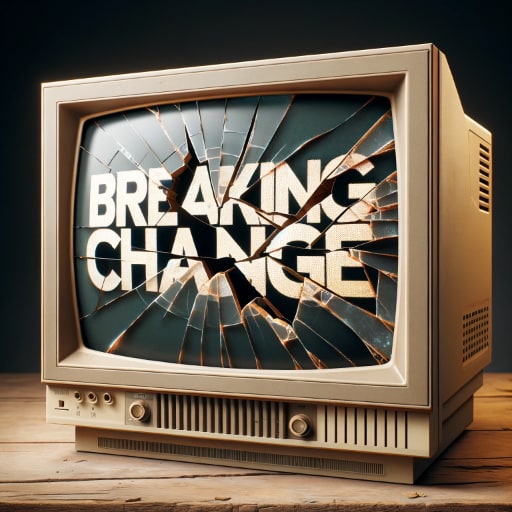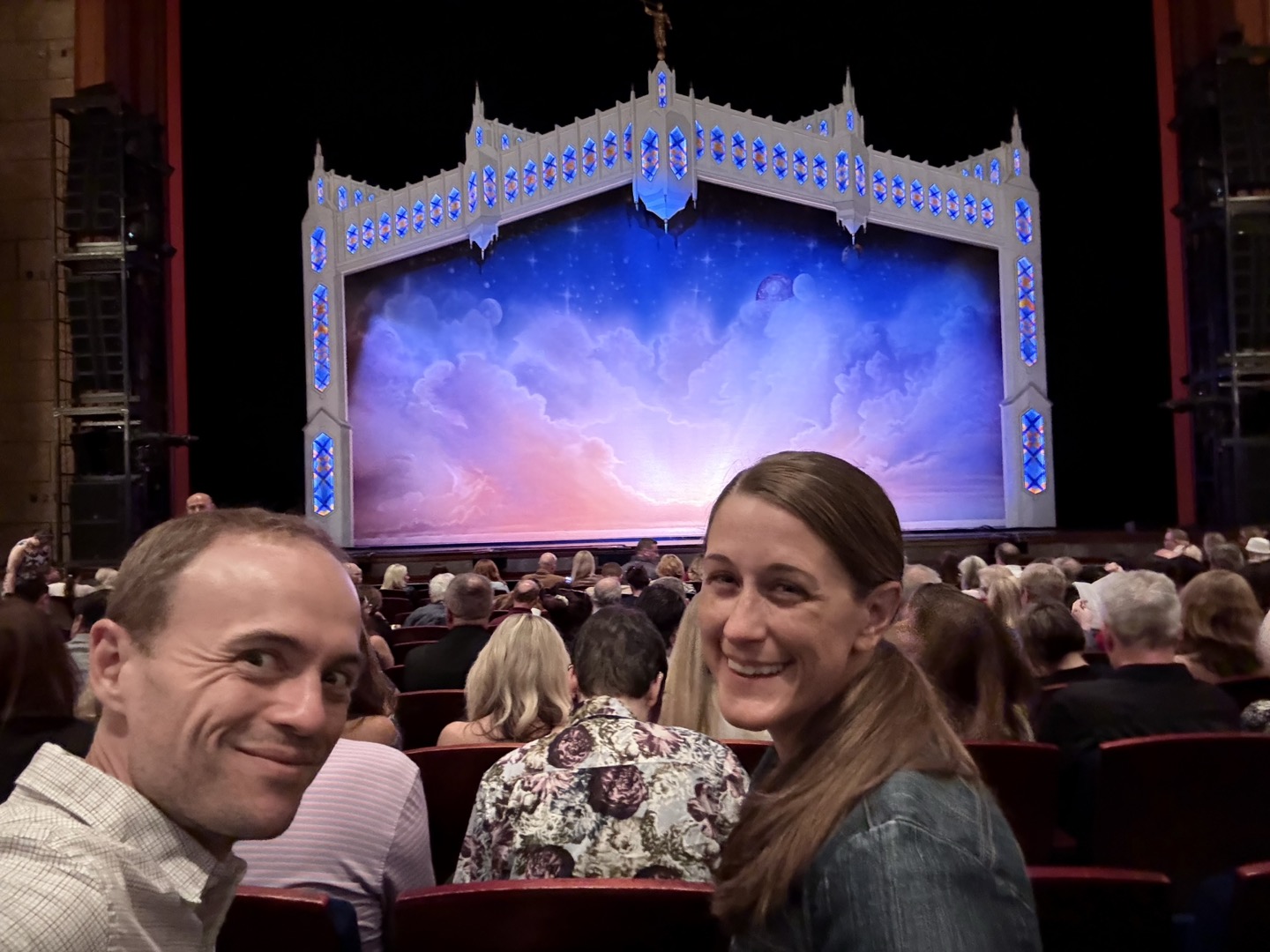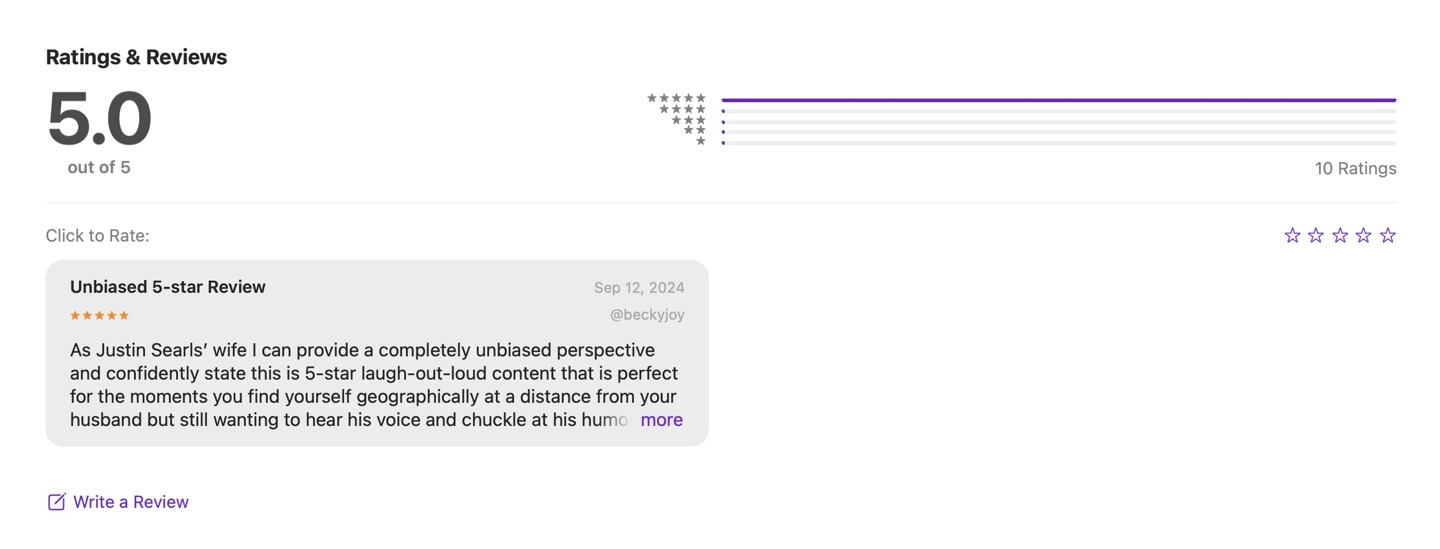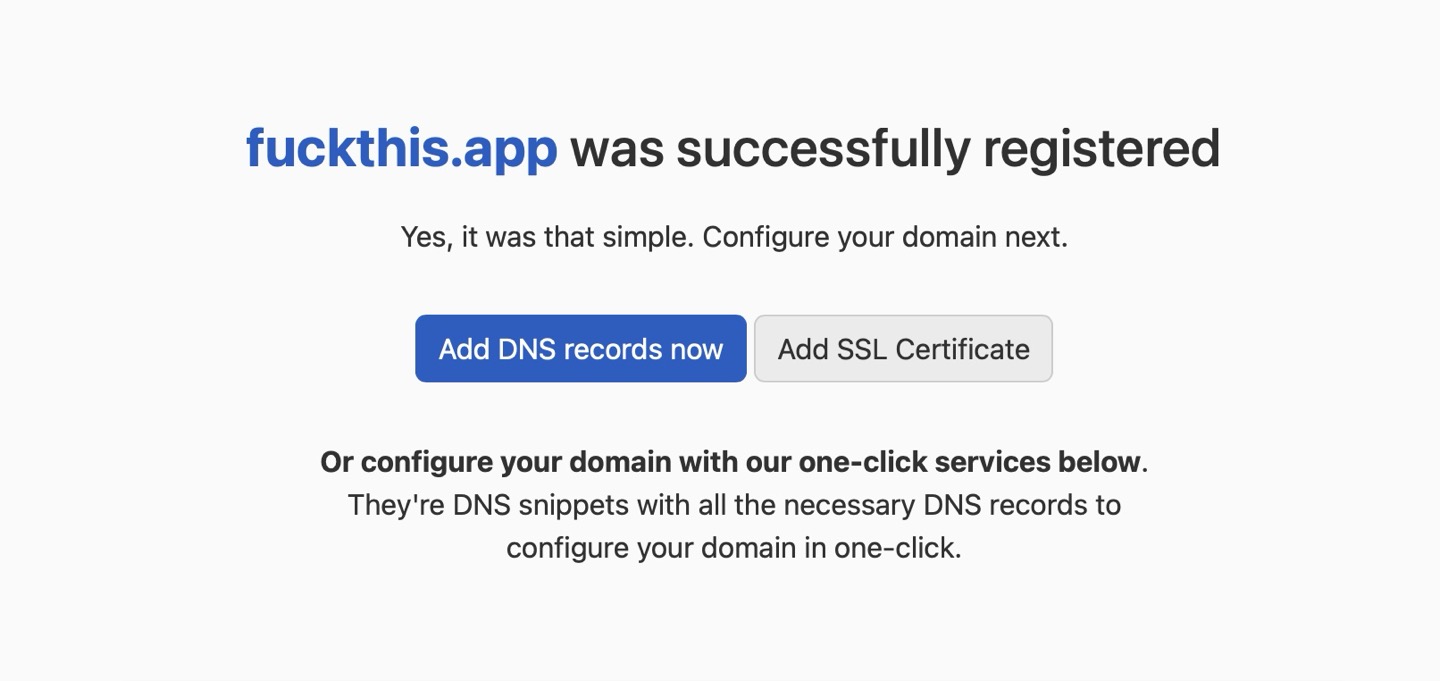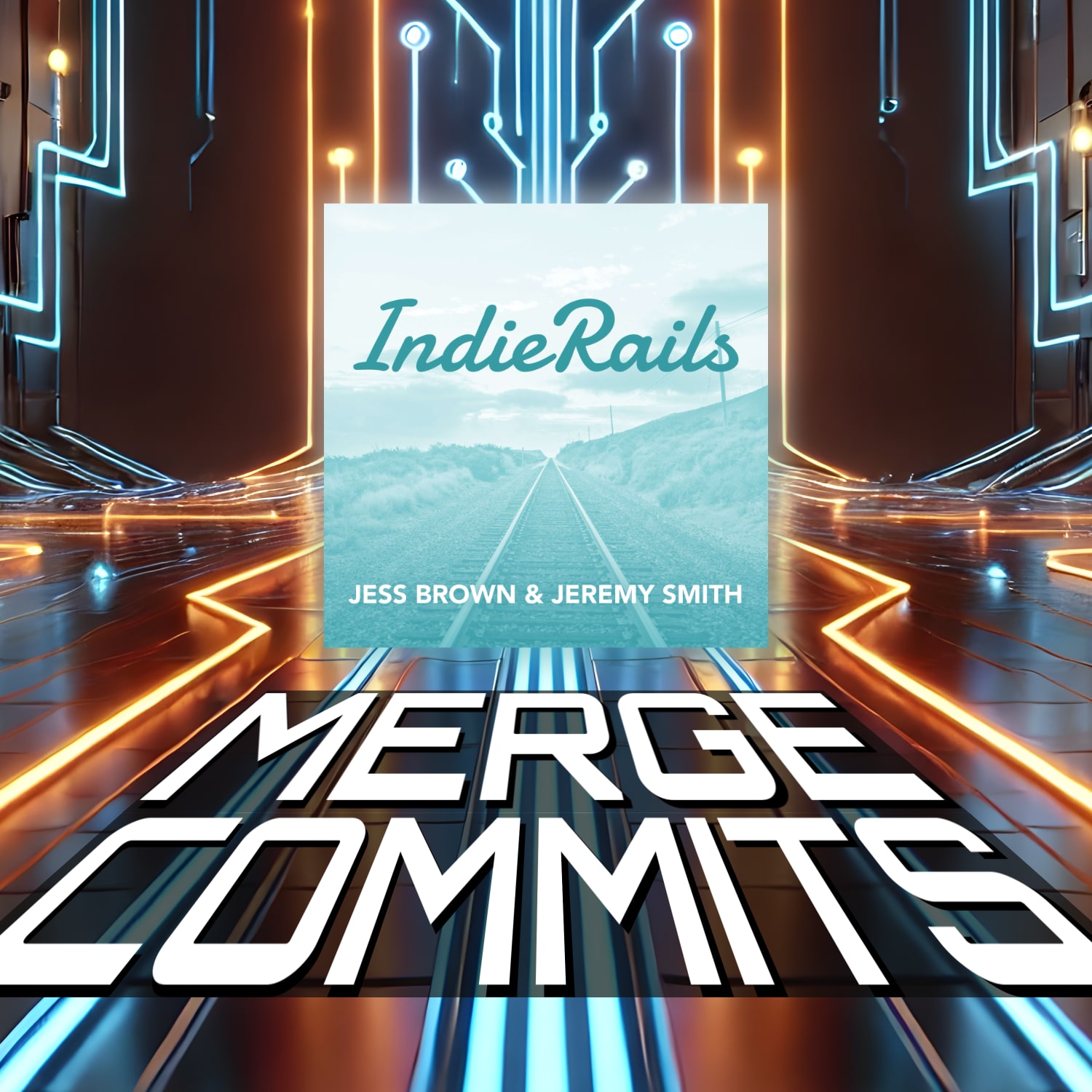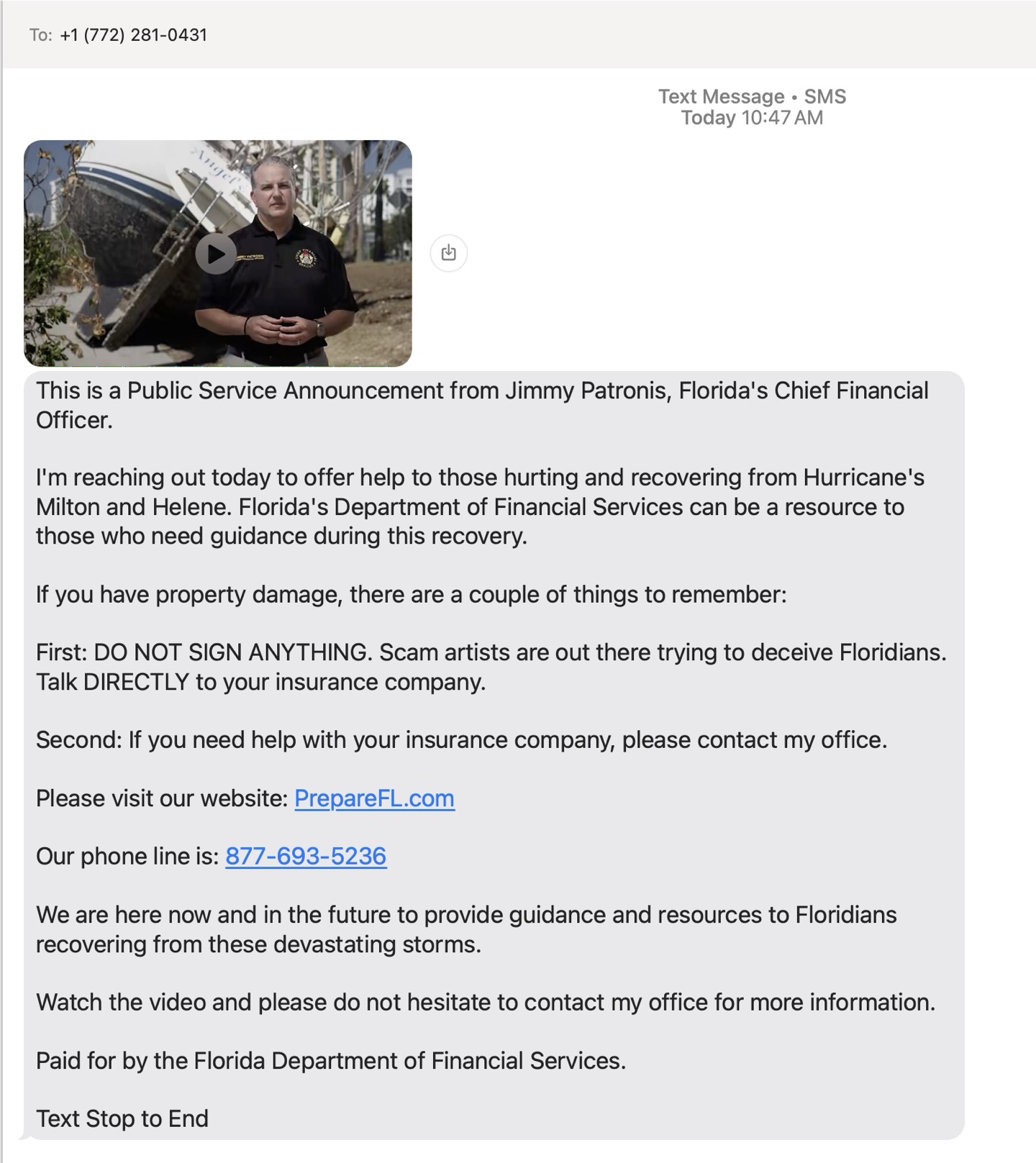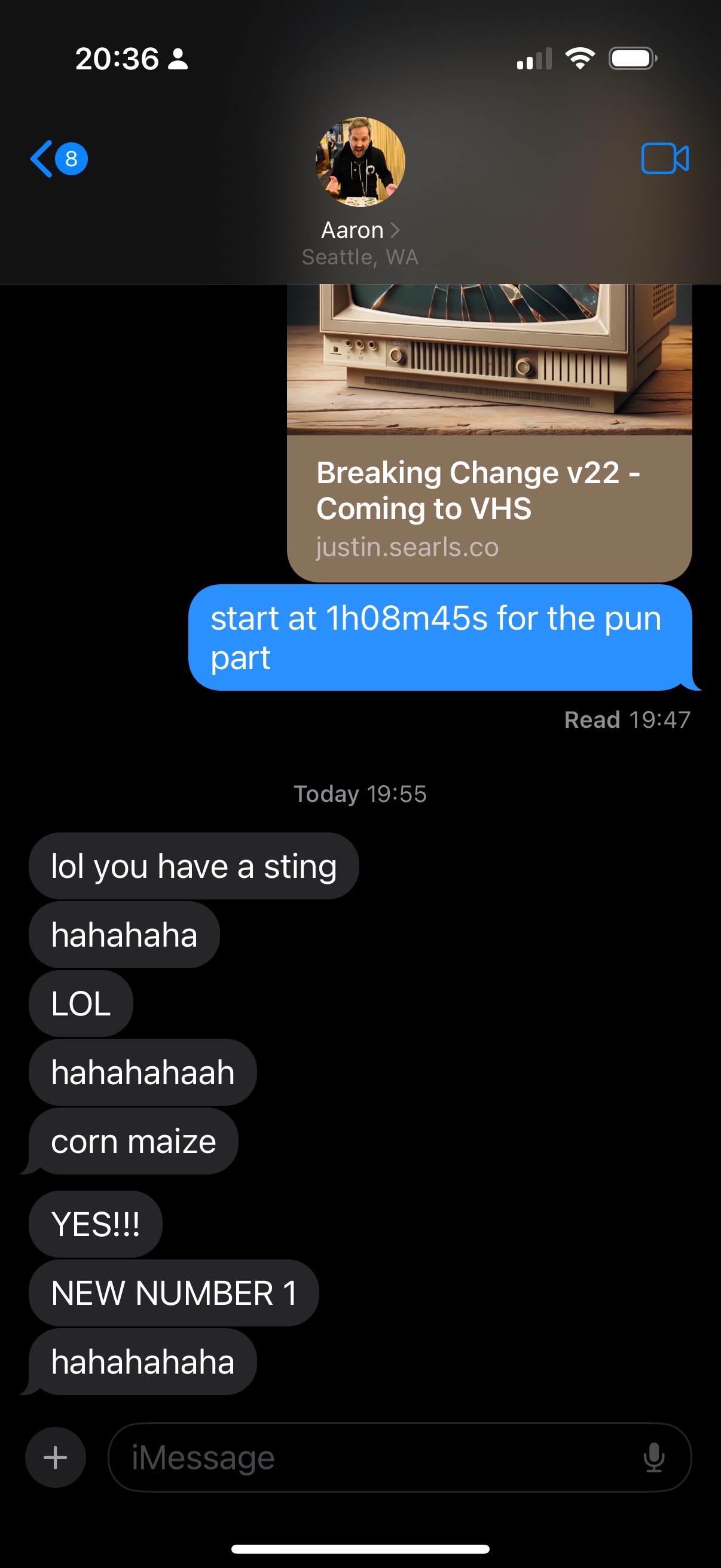It is Wednesday, my dudes! This is normally a weekend listen, but there are new Macs to talk about. I wanted to give you the absolute freshest, least accurate information I can about all these neat new computers that I WILL NOT BE BUYING BECAUSE TIM COOK IS A COWARD.
Write something you want to say in all caps over at podcast@searls.co and maybe I'll scream it on the show!
Inside-voice links follow:

tl;dr, pollsters are twisting twice as many knobs in 2024 as they were in 2016 (due to skewed and decreased response rates and scrutiny of past misses). Separately, a 50/50 tied result is likely to catch the least shit in the event of another polling miss next week.
The shocking conclusion? Pollsters are twisting the knobs such that most results come in around 50/50. More knobs, more bias. goodauthority.org/news/election-poll-vote2024-data-pollster-choices-weighting/

Three quick takes on ChatGPT integration in iOS 18.2:
- You can disable Siri prompting you for permission to query ChatGPT
- When using ChatGPT via Siri, you can type a follow-up and it'll hold context and respond
- If you want to bypass vanilla Siri actions, you may need to preface the query with "GPT" or "ChatGPT"
Orlando, I love you 🎶
Seeing Book of Mormon in Orlando was as fun as I hoped. Cast hammed up the half dozen Orlando references from the show and crowd went nuts.
Have to imagine it plays a little differently in SLC.

Trying to follow Ricky's advice and migrate one login at a time (testing each one, deleting defunct ones, adding 2FA as I go) from iPassword to Apple Passwords and… it took me 4 hours just to get through sites that start with "A".
Fuck. rmondello.com/2024/09/19/consider-slowing-down-when-switching-password-managers/
5 Star Very Good Podcast No Biases Detected
TFW you notice the only written review for your podcast is from your wife.
Announcing fuckthis.app - Software products for exasperated people
Something has been stuck in my craw for several years/decades and I'm finally ready to do something about it.
Most software companies start from a place of, "let's make a simple useful thing and charge a fair price for it." And everything goes great for about fifteen minutes before they eventually concede all that simplicity and utility in order to establish additional revenue streams, or achieve planet-wide scale, or return an obscene multiple to their investors.
And who suffers when that happens? We do.
My favorite example is expense-tracking software. The Earth used to be populated with a diverse array of straightforward, easy-to-use apps that could ingest receipts, pretend a bunch of south Asians painstakingly categorizing those receipts were actually artificial intelligence, and export reports for your bookkeeper or accountant.
So far so good.
But at some point, some angel investor somewhere said, "what if we issued our own credit cards and then kept all the swipe fees for ourselves? And sold analytics based on what products and services companies were buying? Wouldn't that make us way more money than charging $5/month?" His name was Chad.
Corporate buyers embraced this model, because it meant no longer paying a subscription for expense-tracking software. But what was the experience like for users? Tough shit, nobody asked. They just work here. Instead, employees were strong-armed into activating those corporate cards and using them for all their reimbursable expenses—even if it meant losing out on literal thousands of dollars in cash back and rewards from their personal cards. Meanwhile, the apps themselves went to shit, because engineering teams that had previously only demonstrated competency in successfully putting a spreadsheet on the Internet were now also forced to provide the myriad card management services one would expect from Chase (~15,000 people in engineering), Capital One (~10,000), and American Express (~7000).
Fraudulent transaction on your corporate card? Good luck. Need to issue a chargeback against a vendor? Have fun. Oh, and everybody's so busy fighting fires and applying for better jobs elsewhere that nobody has time to actually work on the expense-tracking part of the expense-tracking software anymore, so don't expect any of the bugs preventing you from getting reimbursed to be fixed from now on. In fact, you know what, just for asking, here: have some extra bugs. And that was the state of the market before 2022! Things are even worse now that the free-money well has runneth dry. Now, none of those companies have a prayer of keeping all 14 plates spinning as the lifeless husk of what had been a growing engineering team has been remanded to work in an otherwise empty office building as executives watch their runway evaporate and investors start turning up the heat.
All for something that literally could have been a spreadsheet.
So anyway, yeah, fuck those apps.
So, starting in 2025, whenever I come across a problem that is poorly served by the current crop of SaaS products, I'm going to build my own little tool that does the job. And, if you're lucky, I'll release it as part of an eventual fuckthis.app suite of apps. And whatever I build, it's going to be opinionated, because it'll have been built with only my needs in mind. (Or maybe sometimes, like, a specific sibling or spouse of mine or something.) If whatever I make happens to be exactly what you need, trust me: that will be due to sheer and unintentional coincidence. But honestly, if your options are limited to, "try out whatever shit Justin uses," and picking over the scraps of the VC-funded graveyard that is the current SaaS industry, I might take those odds.
Also, I'm pre-announcing this today because it's entirely possible I'll never release anything at all. Software is a pain in the ass and the only valid reason for creating it is because every other approach has failed.
Recorded an episode of IndieRails with Jess Brown & Jeremy Smith live at Rails World 2024 in Toronto about my final talk and Becky's new app.
Appearing on: IndieRails
Published on: 2024-10-24
Original URL: https://www.indierails.com/45
Comments? Questions? Suggestion of a podcast I should guest on? podcast@searls.co
Get 100GB of data (and 25GB tethering) by adding this as your iPhone's second eSIM:
New customers can follow these easy steps to dive in:
- Mobile: Download the myAT&T app to get started
- Desktop: Visit att.com/freetrial, use the QR code or click the link to get started
- Get set up in minutes: Click "start your trial" in the app, confirm your current phone compatibility, and sign up. No credit card no commitments to get started.
- See the difference: Experience the AT&T network free for up to 30 days with no strings attached — switch or stop your trial anytime.
When iPhone went dual-eSIM in the US, I expected a lot more of this from carriers, so it's good to see it now. I'm not clamoring to change from one mediocre carrier to another right now, but the novelty of being able to try without (1) talking to a human or (2) risking a phone number port snafu is almost enough to make me give this a try.
Every carrier willing to stand behind the quality of their network should do this.
Extremely Legitimate State Government Guy Here Totally Not A Scam Reply STOP to Block
One of the most bizarre and frustrating things about life in Florida is that the
state government has decided to eschew official .gov domains in favor of a
random smattering of .com domains, for seemingly no other reason than
appearing pro-business. Or maybe anti-government? Regardless, it definitely
doesn't make it easier to help constituents avoid scams.
Here's what I had to do to figure out whether this text was legitimate::
- Go to fl.gov which redirects to www.myflorida.com
- Click to see the list of state agencies, which takes you back to dos.fl.gov and lists the Department of Financial Services' homepage as www.myfloridacfo.com
- That homepage indicates Florida really has a "Chief Financial Officer" role (are Florida politicians just LARPing at this point?) and that it matches this guy's name and lists a phone number matching the one in the text message
- Browse around for storm-related pages and find this page which references (but does not hyperlink to) PrepareFL.com
- Visit PrepareFL.com only to realize it redirects back to the previous page
I really wish this was an isolated incident but there are so many public-private partnerships and privatized services in the state, that it's really hard to tell when you're dealing with local and state government and when you're being scammed or phished.
Want to file a new LLC? You'll want to do that at efile.sunbiz.org. Receive a tollbooth fine from the Department of Transportation? Just punch in your credit card over at www.sunpass.com. Need to amend your Beneficial Ownership Information to comply with FinCEN? Just respond to an e-mail from MyFloridaCorporateFilings.com and oh wait nevermind that one's a scam.
For fuck's sake. Why can't y'all be normal?

Can't say I'm surprised to learn it's hard to keep a professional snowboarder away from high-quality powder thedailybeast.com/ex-olympic-snowboarder-ryan-wedding-flees-after-hes-charged-in-murderous-drug-trafficking-scheme/
This version's pun segment goes places
Aaron's reaction to my reading and ranking of his pun submission for the latest version of the Breaking Change podcast
Welcome to this podcast which, by now, you have probably decided you either listen to or don't listen to! And if you don't listen to it, one wonders why you are reading this.
Remember to write in at podcast@searls.co with suggestions for news stories and whatever you'd like me to talk about. Please keep it PG-rated or NC-17 rated. I want nothing in between.
Family-friendly and/or sexually explicit links follow:

I've had a bunch of friends and colleagues ask for my advice on how to best learn Japanese this year, and since (1) the last time I started learning it was over 20 years ago and (2) Tofugu's entire business (via Wanikani) is teaching it to people efficiently, my best advice is to just start with their guide: tofugu.com/learn-japanese/
Fall fashions
New brand of T-shirt (Bella Canvas) for the uniform. Fresh colors to mark the start of what's next.
